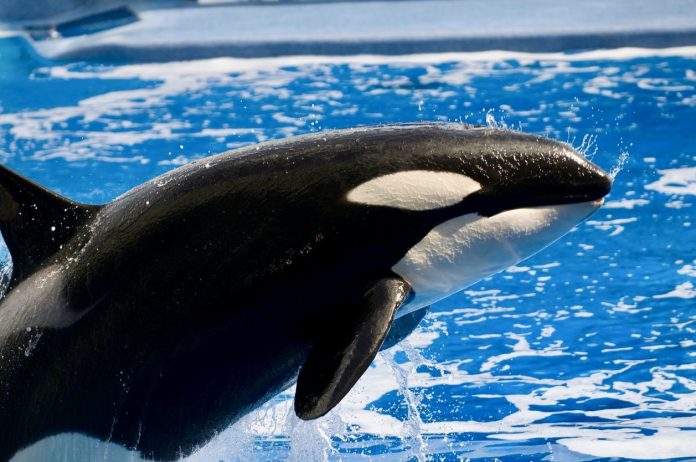
The Last Surviving Female Orca At Loro Parque Is Pregnant; The Cycle Of Captivity Continues
You can help all animals and our planet by choosing compassion on your plate and in your glass. #GoVeg

You can help all animals and our planet by choosing compassion on your plate and in your glass. #GoVeg